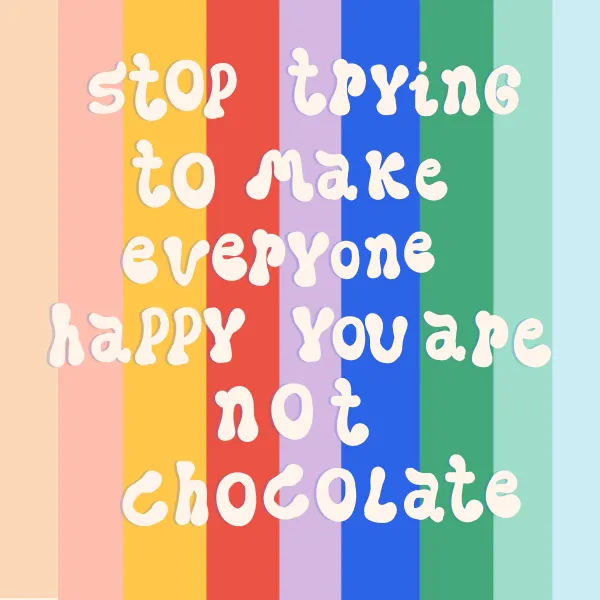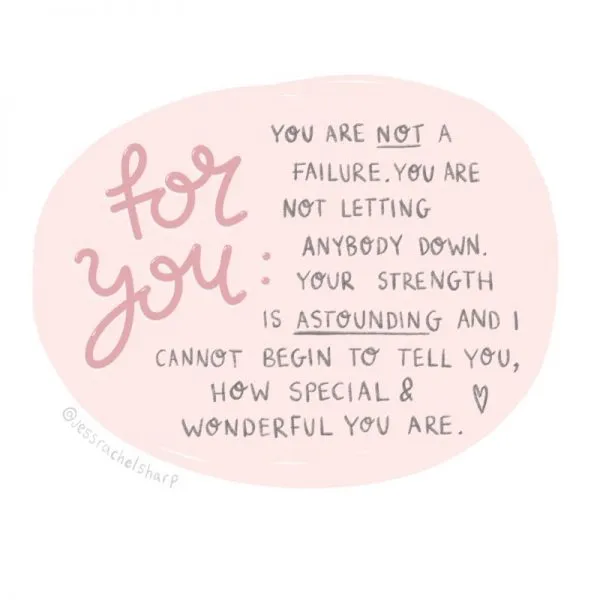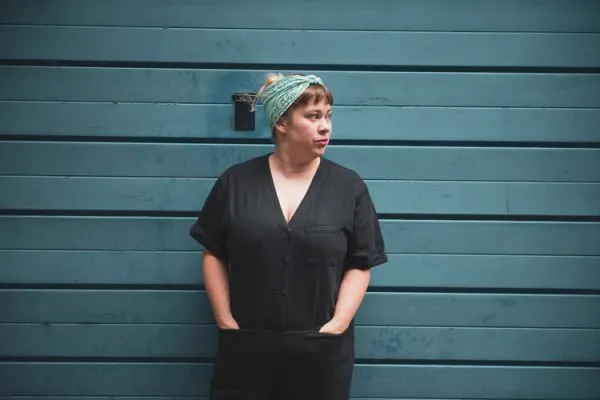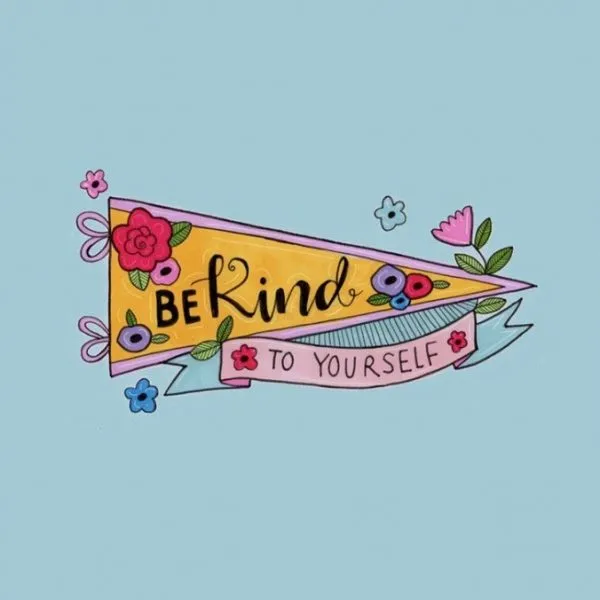Ray Dodd is a money and business coach who specialises in helping women achieve all their indie biz goals. And that means she's the ideal candidate for part 5 of our 'Ask the indie biz experts' series!
We interviewed Ray, along with other experts like Studio Cotton and Martina Martian, in issue 115 of Mollie. They had some amazing insights into separating your self-worth from your hustle so pick up a copy of 115 here to read the full article. If you want a little advice while you're waiting for your issue to arrive, read some of Ray's tips on to of disconnecting your self-worth from your business below.
Why is it important for small business owners, particularly makers, to be able to separate themselves from their work?

This is a tough one. There has been a lot of chat on the internet about 'doing what you love’ and that’s great in so many ways. But when we do what we love as our business it can be really hard to see where we end and where the business begins. I think that can be particularly true for makers because what they do relies on their talents and taste, two very personal things! Rather than separating yourself from your business, I tend to talk about it as separating your self-worth from your business. Learning to understand that the reaction you get to a product, how many sales you make, followers you have and so on has no bearing on what you are worth.
This is particularly important when things don’t go well. When that happens we can easily find ourselves falling down a rabbit hole of self-flagellation. Attaching our own worth to how our business is going can mean that we immediately blame ourselves in deeply personal ways and we miss what's actually happening. It’s more likely to be a practical business issue than a personal one, but it’s hard to see that when our own worth becomes dented by what's happened.
Showing up as an individual, a real human, is what sets small businesses apart, but it can make you feel extremely vulnerable if things don’t quite go to plan. How would you advise creatives to separate their brand and self worth?

My suggestion is always to focus on facts, not feelings. It’s very easy to fill in the blanks when something goes wrong. For example, did they really not buy your product because you’re a terrible maker and they think it’s awful? Or perhaps did you not mention it as many times as you could have done? Was it really too expensive or were you scared it was too expensive, so you didn’t post about it in many places? Was that market really a massive fail because you don’t know how to sell, or were they just not your people?
Our brains have the capacity to tell the most elaborately negative stories, stories which we often have no hard evidence are true. They consist of maybes and projections that, over time, evolve to feel true. The good news is that if our brain is able to tell us such pessimistic tales, it also has the power to make up some brilliantly positive ones. Choose to believe the good stuff. And when you find yourself straying into the doom and gloom, ask yourself: Where is the actual evidence for that?
How have you gone about putting this in place with your own business, and do you have any practical tips for implementing your advice?

I've released things that have sold out and things where the tumbleweed has felt deafening. Don’t get me wrong, it can feel painful when things don’t go as we hoped. The first thing I do is allow myself to feel disappointed – I might have a rant and a cry. Then I ask myself why I think this happened. How is it different from things that worked? What would I do differently next time? And then I pick myself up and try something else.
Do you have any advice for moving on, or bouncing back, from a business disappointment that feels personal?

Often, it's our expectations of a situation that cause us to feel so disappointed. Perhaps we imagined that something would do well, or we thought we’d got beyond making certain mistakes. It can feel so frustrating to discover that, annoyingly, we're human beings who ebb and flow, succeed and fail. The business world has been set up with the idea that perfection is necessary for success, but that’s nonsense. Your ‘humanness’ is such an asset in your business, and embracing that will help you to learn what you need in order for your business to flourish.
When something goes wrong, remember it’s an opportunity to gather information about how to do it differently next time, about what you like, about what your audience likes. That’s golden! That’s part of learning. It’s also information about what happened in the past and tells you nothing about what is possible for you in the future, and it certainly says nothing about who you are or what you're worth. Be kind to yourself too. I talk to my clients about cultivating your sense of worth, it’s something we all work on all of the time.
What role do you think reframing success can play in disconnecting self-worth and business?

Reframing success is such a biggie. I encourage my clients to create their own markers of success rather than the typical one perpetuated by social media. If we're just focusing on likes and numbers, we can easily allow our self-worth to be dictated by an algorithm, and who's got the time or energy for that? Sometimes things will just flow, other times they won’t. Alternative markers like 'I did something I’ve never done before, I experimented with how I sold this, I showed up more consistently' are arguably as important as the actual sales, because they all feed into creating and cultivating habits that enable you to build a sustainable business.
Need more tips?
If you enjoyed Ray Dodd's advice check out the other blog posts in our 'Ask the indie biz experts' series below.
- Ask the indie biz experts, Series 1 – Getting starting
- Ask the indie biz experts, Series 2 – Indie Roller’s tips
- Ask the indie biz experts, Series 3 – Growing your business
- Ask the indie biz experts, Series 4 - A change is gonna come
Our pals over at In The Moment mag also have some amazing advice on how to improve your confidence. Check out their tips below.